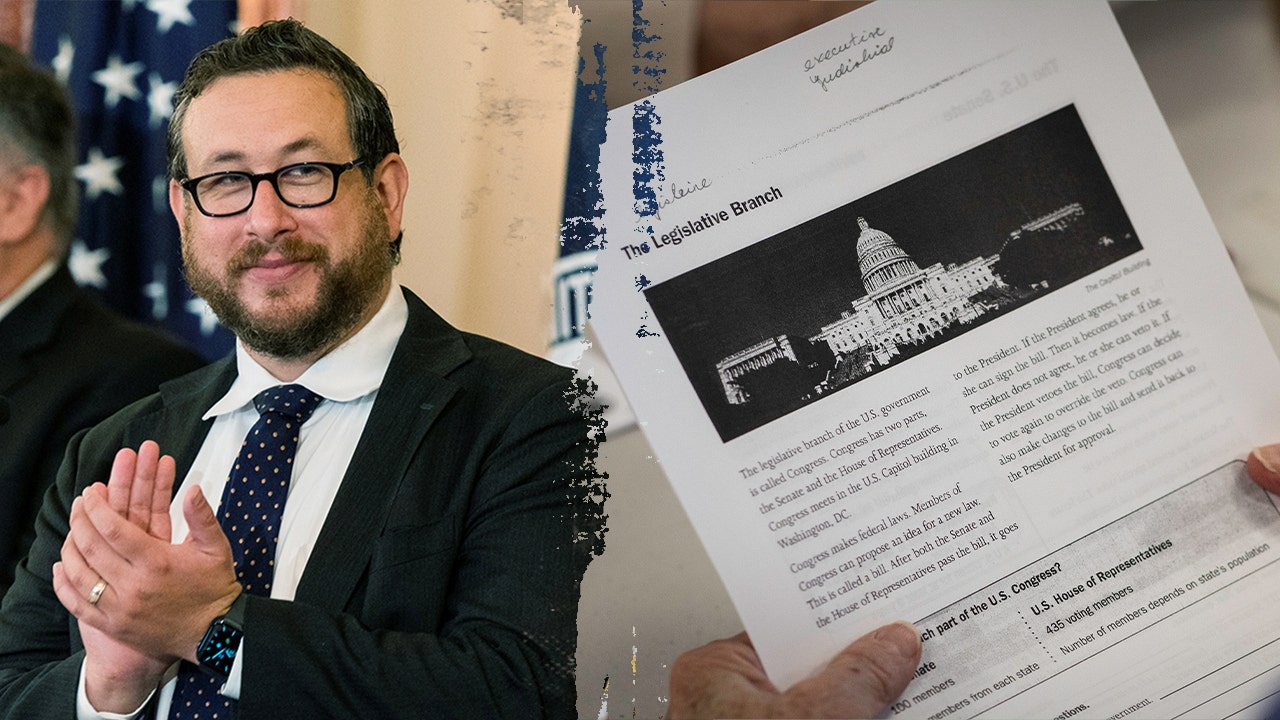USCIS Director Edlow Targets H-1B Reforms, Naturalization Test Overhaul, and Backlog Reduction
The new USCIS Director's stated priorities signal a potential shift towards stricter immigration enforcement and higher standards across multiple visa and naturalization processes, impacting skilled workers and employers.

Subscribe to our newsletter and stay informed about latest H1B news, policy updates and and other developments.
Article Summary
New USCIS Director Joseph Edlow plans a major overhaul of the U.S. naturalization test, deeming the current civics and English exam too easy. He also criticized perceived flaws in the H-1B visa system, citing wage suppression and exploitation, and intends to expand worksite enforcement with the Department of Labor. Additionally, Edlow plans to revisit the public charge rule and address the growing USCIS case backlog, which he views as a national security threat.
Original Article: foxnews.com
[ Sentiment: negative | Tone: factual ]
This summary and analysis were generated by TheNewsPublisher's editorial AI. This content is for informational purposes only; it does not constitute legal or immigration advice.
[ Sentiment: negative | Tone: factual ]
This summary and analysis were generated by TheNewsPublisher's editorial AI. This content is for informational purposes only; it does not constitute legal or immigration advice.
TNP AI: Key Insights
This article signals a more stringent approach from USCIS, particularly concerning H-1B visa integrity, which could lead to increased scrutiny for employers and a more challenging environment for skilled foreign workers. The proposed naturalization test overhaul and stricter public charge rule interpretation would also raise the bar for permanent residency and citizenship, potentially slowing down the path to citizenship for many.
The director's intent to expand worksite enforcement and scrutinize H-1B wages echoes previous administrations' efforts to combat perceived abuses, suggesting a potential return to more aggressive oversight. While changes to the naturalization test and public charge rule would require significant regulatory processes, these statements indicate a policy direction that could lead to new challenges for applicants and a protracted period of adjustment for the immigration system.




